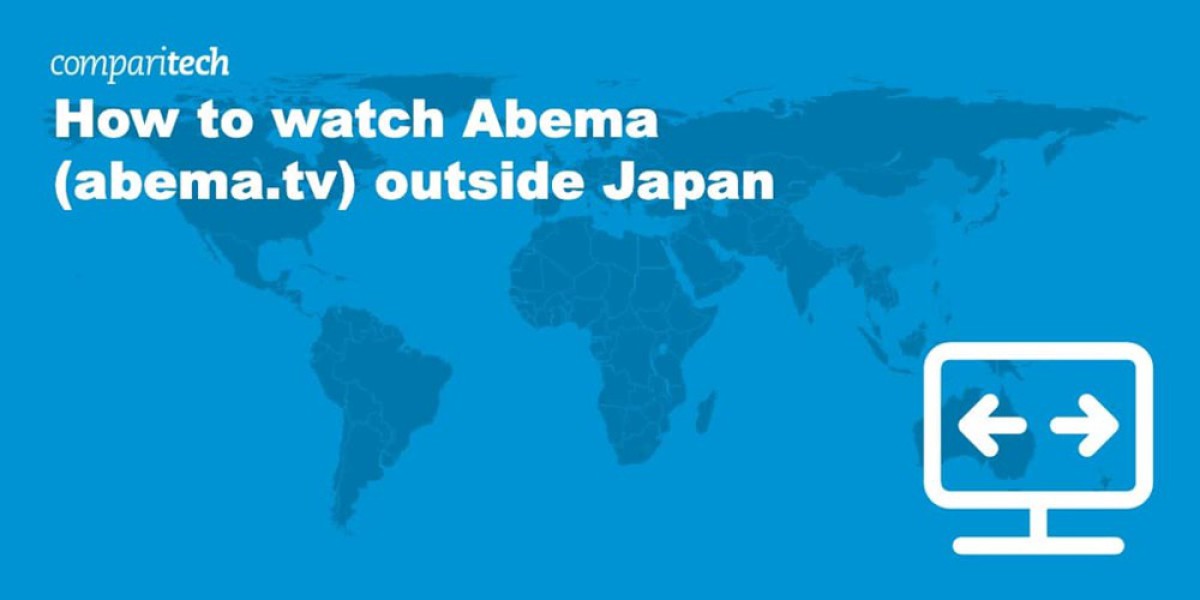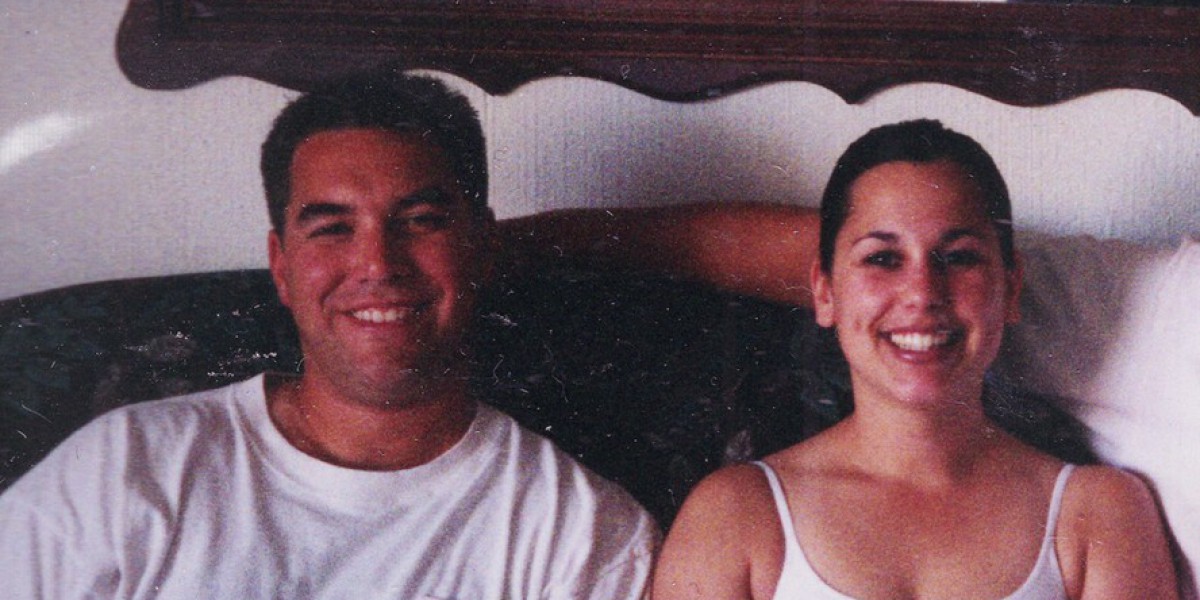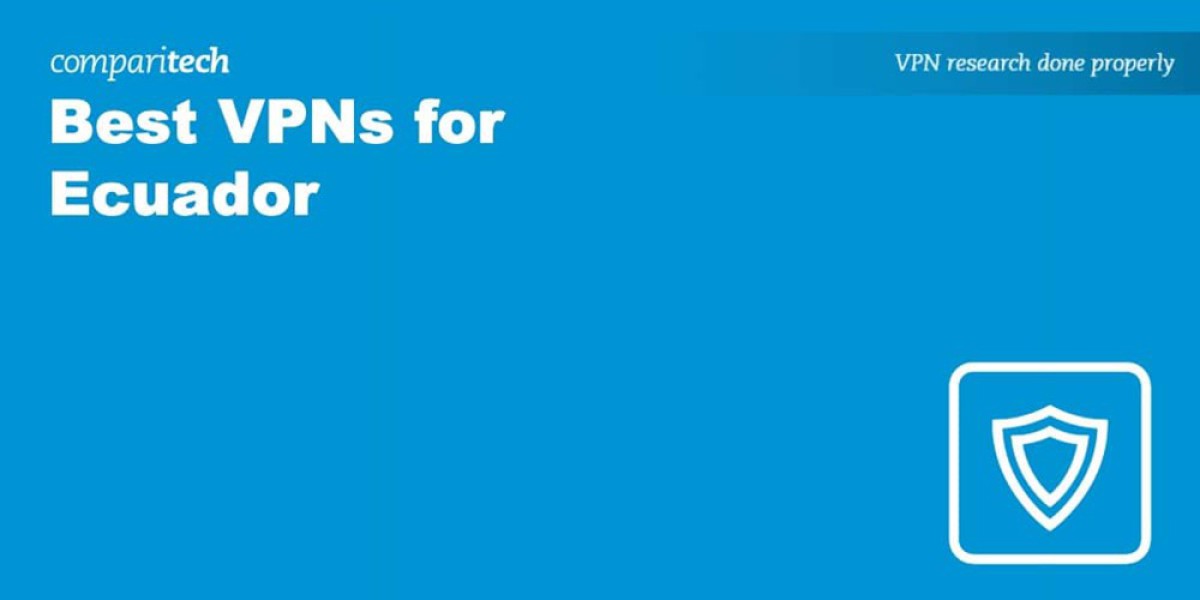Within the bustling halls of an NHS hospital in Birmingham, a young man named James Stokes carries himself with the measured poise of someone who has found his place. His oxford shoes whisper against the floor as he acknowledges colleagues—some by name, others with the comfortable currency of a "good morning."
James wears his NHS lanyard not merely as institutional identification but as a symbol of acceptance. It rests against a well-maintained uniform that betrays nothing of the challenging road that brought him here.
What sets apart James from many of his colleagues is not visible on the surface. His presence gives away nothing of the fact that he was among the first participants of the NHS Universal Family Programme—an undertaking created purposefully for young people who have experienced life in local authority care.
"I found genuine support within the NHS structure," James says, his voice steady but revealing subtle passion. His remark summarizes the core of a programme that strives to revolutionize how the enormous healthcare system approaches care leavers—those vulnerable young people aged 16-25 who have transitioned from the care system.
The statistics tell a troubling story. Care leavers commonly experience poorer mental health outcomes, financial instability, housing precarity, and diminished educational achievements compared to their contemporaries. Behind these impersonal figures are human stories of young people who have maneuvered through a system that, despite good efforts, regularly misses the mark in providing the nurturing environment that shapes most young lives.
The NHS Universal Family Programme, established in January 2023 following NHS England's commitment to the Care Leaver Covenant, embodies a profound shift in systemic approach. Fundamentally, it recognizes that the whole state and civil society should function as a "universal family" for those who haven't known the security of a traditional family setting.
Ten pioneering healthcare collectives across England have blazed the trail, creating systems that rethink how the NHS—one of Europe's largest employers—can create pathways to care leavers.
The Programme is detailed in its methodology, starting from detailed evaluations of existing procedures, forming governance structures, and securing leadership support. It acknowledges that successful integration requires more than noble aims—it demands concrete steps.
In NHS Birmingham and Solihull ICB, where James started his career, they've developed a consistent support system with representatives who can provide assistance and counsel on mental health, HR matters, recruitment, and inclusivity efforts.
The conventional NHS recruitment process—rigid and potentially intimidating—has been carefully modified. Job advertisements now emphasize personal qualities rather than long lists of credentials. Application processes have been reimagined to accommodate the specific obstacles care leavers might experience—from lacking professional references to facing barriers to internet access.
Maybe most importantly, the Programme acknowledges that entering the workforce can pose particular problems for care leavers who may be navigating autonomy without the support of familial aid. Matters like commuting fees, identification documents, and banking arrangements—considered standard by many—can become substantial hurdles.
The brilliance of the Programme lies in its meticulous consideration—from explaining payslip deductions to providing transportation assistance until that critical first payday. Even apparently small matters like rest periods and office etiquette are carefully explained.
For James, whose career trajectory has "revolutionized" his life, the Programme provided more than work. It gave him a sense of belonging—that elusive quality that develops when someone senses worth not despite their past but because their particular journey enhances the workplace.
"Working for the NHS isn't just about doctors and nurses," James comments, his eyes reflecting the quiet pride of someone who has secured his position. "It's about a collective of different jobs and roles, a family of people who truly matter."

The NHS Universal Family Programme embodies more than an job scheme. It functions as a bold declaration that institutions can change to welcome those who have experienced life differently. In doing so, they not only transform individual lives but enrich themselves through the distinct viewpoints that care leavers provide.
As James navigates his workplace, his presence quietly demonstrates that with the right assistance, care leavers can flourish in environments once thought inaccessible. The support that the NHS has offered through this Programme symbolizes not charity but appreciation of overlooked talent and the profound truth that each individual warrants a family that champions their success.










































